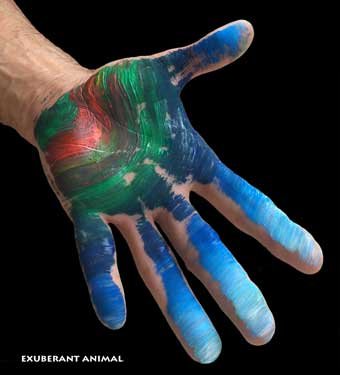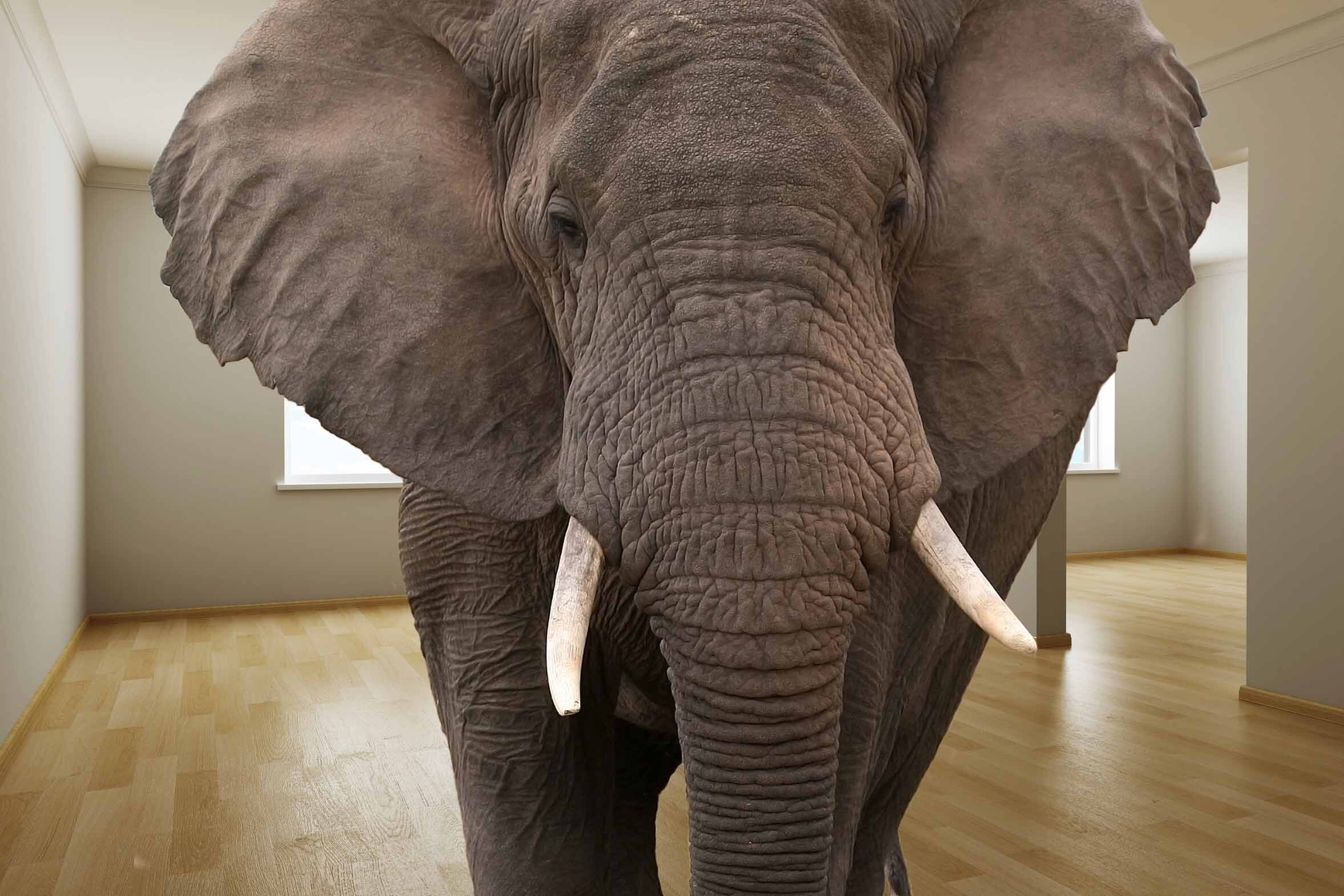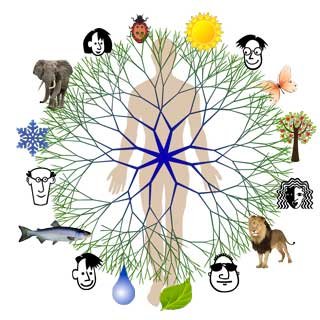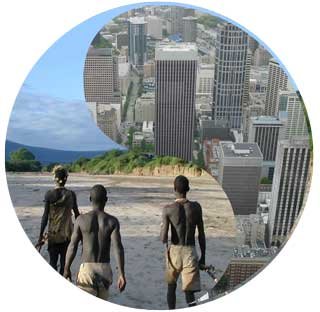foundational ideas for human survival and flourishing
core concepts
the biosphere
The planet is the elephant in the room. Without a functioning biosphere, nothing else matters. As the author Naomi Klein put it, “When your life-support system is threatened, all other problems fit inside that problem.” In other words, the state of the planet is the alpha issue of our day. If we fail at this, we fail at everything.
mismatch
Our bodies are literally millions of years old. Every detail of our anatomy, physiology, and our cognition is the way it is because of our vast experience in primordial environments. But today we’re faced with a severe evolutionary mismatch, a discord between our ancient inclinations and the stressful realities of the modern world.
the long body
Appearances deceive us. The human body looks like a single, isolated entity, independent from the world around it, but in fact, our bodies are radically connected with habitat and tribe. These long body relationships are enormously influential in our behavior and our health. The more we understand about the true extent of the body, the more we are called to action in matters of conservation and social harmony. In this sense, conservation is health care.
new-old way
Our bodies are truly ancient, sculpted by evolution for success in wild, outdoor environments. But today we live in a radically different world, an alien, sometimes health-hostile environment. And so we’re faced with a dilemma. We can’t go back to the Paleo, but charging forward into a high-stress technological future seems literally insane. Our challenge is to create a "best of both worlds" culture. Use the modern tools in life-enhancing ways, but keep one foot in raw, outdoor physicality, vigorous movement and natural sensation.
functional movement
In the modern world, much of our physical training is focused on appearance. Magazine covers show us sculpted bodies as the physical ideal. In contrast, functional movement puts the emphasis on the ability to move skillfully and powerfully, without regard to how our bodies look. In this kind of training, we seek integration of sensory-motor circuits and kinetic chains. We use bodies, gravity, terrain and momentum to build our skills. This practice leads to superior athletic performance, injury-resistance and longer careers of physical enjoyment.

biophilia
Literally, "love of life." The instinctive bond between humans and the natural world.
"I have argued in this book that we are human in good part because of the particular way we affiliate with other organisms. They are the matrix in which the human mind originated and is permanently rooted, and they offer the challenge and freedom innately sought. To the extent that each person can feel like a naturalist, the old excitement of the untrammeled world will be regained. I offer this as a formula of reenchantment to invigorate poetry and myth: mysterious and little known organisms live within walking distance of where you sit. Splendor awaits in minute proportions."
Edward O. Wilson, Biophilia, 1984
ubuntu
In Western culture, most of us have been trained to think of ourselves primarily as individuals. But in traditional African cultures, people hold a powerful social orientation known as ubuntu. In this view, identity is not individual, but is shared across the tribe, village or community. As the saying goes, "We are people through other people." Likewise, "I am who I am because of who we are." This orientation makes sense in terms of human history. When your habitat includes dangerous and hungry carnivores, it's best to stick together and protect one another. In this kind of world, the success of the tribe is your success as well.
activism and martial artistry
With the biosphere on the brink of collapse, it is absolutely vital that everyone step up in any way they can. In the popular imagination, activism is seen as a specialty endeavor, a passion reserved for a few special individuals. But in fact, activism must be part of a holistic health perspective, an orientation that can even make us stronger. In short, activism – when done right – can even be considered a form of medicine in its own right.






